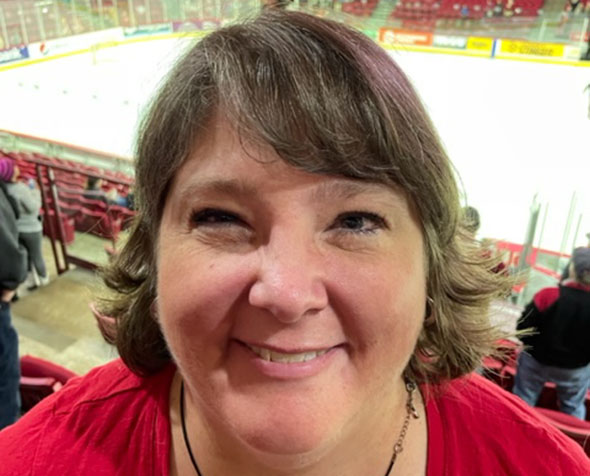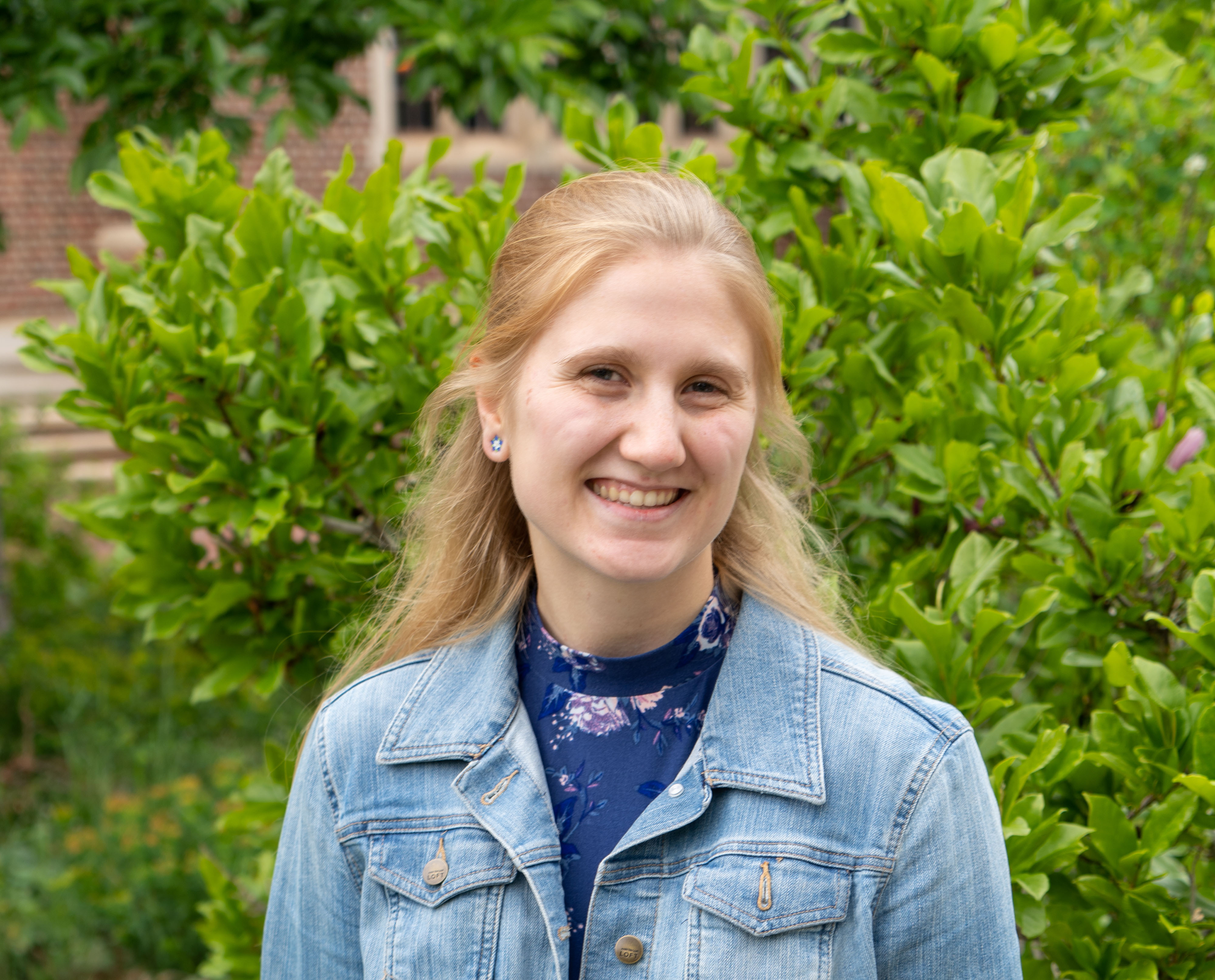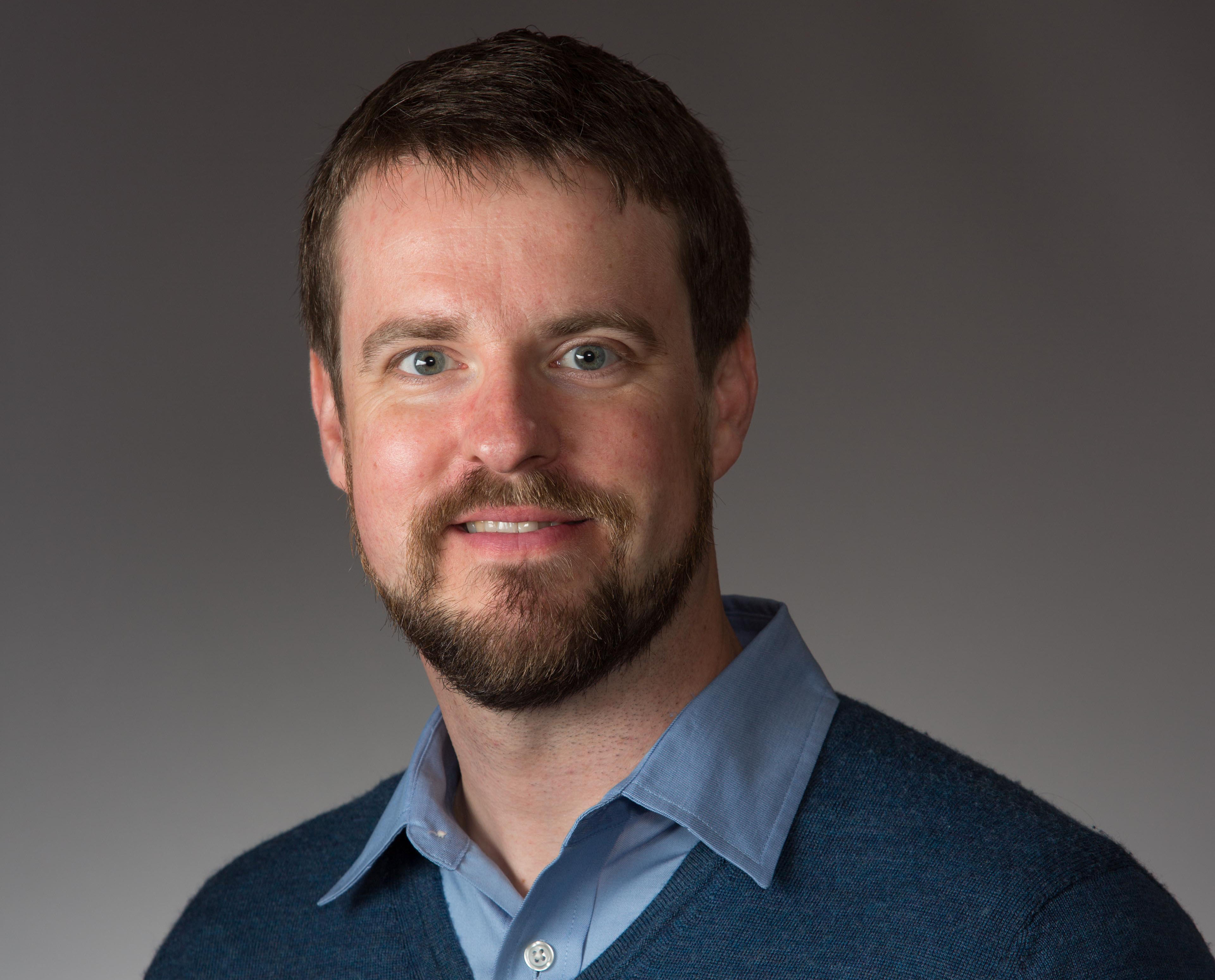DU Alumnus Helps Launch Federal Reserve’s New Real-Time Payment System

As an undergraduate in the College of Arts, Humanities & Social Sciences (CAHSS), Thomas Tarler (BA ’15) distinguished himself for his use of creative reasoning and applying groundbreaking analysis to technically challenging problems.
“He wrote his honor’s thesis on a heliospheric [the part of space influenced by the sun] economy that provided a framework for thinking about an economy that expanded beyond earth,” said Associate Economics Professor Markus Schneider, also Tarler’s thesis advisor.
“Thomas performed so brilliantly in our major that we recognized him with the J.F. Foster Award for outstanding work at our annual ceremony.”
Tarler, who graduated with degrees in economics and mathematics, has spent the last few years channeling his affinity for innovative problem-solving along with a lifelong passion for mathematics and public policy toward enhancing the greater economic good — one instant financial transaction at a time.
Recruited by the Federal Reserve in January 2022 for his expertise on building fraud detection systems, Tarler helped develop FedNow Service — the first new payment system launched by the Fed in 50 years.
FedNow is a banking tool that enables individuals and businesses to make instant money transfers, 24 hours a day. Thirty-five banks and credit unions including JPMorgan Chase and US Bancorp as well of the Treasury Department’s Bureau of Fiscal Service have initially signed on, with many more expected to follow.
FedNow allows consumers to access their funds right away at no charge.
“One of the things we’re excited about and where we think real change will ultimately happen is that FedNow provides what we call ‘earned-wage access,’” Tarler said. [His views do not necessarily represent the views of the Federal Reserve System].
“Instead of an hourly worker at Walmart having to wait every two weeks to get paid, for example, they could get paid right when they finish their shift and use the funds immediately to pay bills.”
Although the new system’s real-time money transfer capacity benefits all consumers and financial institutions, it particularly helps lower-income and gig workers along with small businesses and community banks to better manage cash flow.
“For example, if a farmers’ bank out in the middle of the plains in Colorado could transfer funds using FedNow, that could be a huge help to farmers who are trying to get a grain payment in so that they can pay the mortgage on their tractor,” Tarler said.
He cites collaborating with these kinds of smaller institutions in the development of FedNow as one of the most rewarding parts of his job.
“These very small banks are so spread out and diverse,” he said. “It’s been fascinating to get to know more about their economic life, understand what they’re going through and what their needs are.”
Tarler has nothing but praise for his CAHSS professors for helping him develop the kind of critical thinking and rigorous inquiry needed to address the challenges presented in today’s rapidly evolving workplace.
“Professor Schneider taught me to be very deliberate about how and when I make assumptions in the analysis I do,” he said. “His remonstrations to just pick an assumption and run with it still ring in my head, whether I’m meeting with my team or doing a project for a large financial institution.”
Associate Economics Professor of Economics Robert Urquhart “had a huge impact on how I think about the world and taught me how to bring in other perspectives, particularly related to diversity and inclusion.”
And Linda Olson, executive director, leadership studies, Pioneer Leadership Program (PLP), “taught me so much about how to deal with people and create meaningful change.”
Tarler credits CAHSS’ general liberal arts curriculum with “preparing me very well to live in a world where there isn’t a lot of textbook knowledge related to my work, learning to figure it out and come up with ideas and solutions in environments where there are no easy answers.”
He also values the opportunity to take a year off to travel to Ghana during his junior year.
“It gave me huge exposure to how payment systems work in other parts of the world, appreciation for what works and what doesn’t, how different cultures see value and how that value is transferred,” he said.
When asked about his long-term goals, Tarler admits that he would love to stay with the Federal Reserve for the rest of his career.
“It’s the perfect combination of being with people I like to work with and continuing to learn and grow,” he said. “Every day I’m sitting down and meeting someone who is the best at what they do and it’s often something specialized but fascinating and exciting to learn about. Being able to use my skills to serve and give back to the American public is something I so appreciate.”





